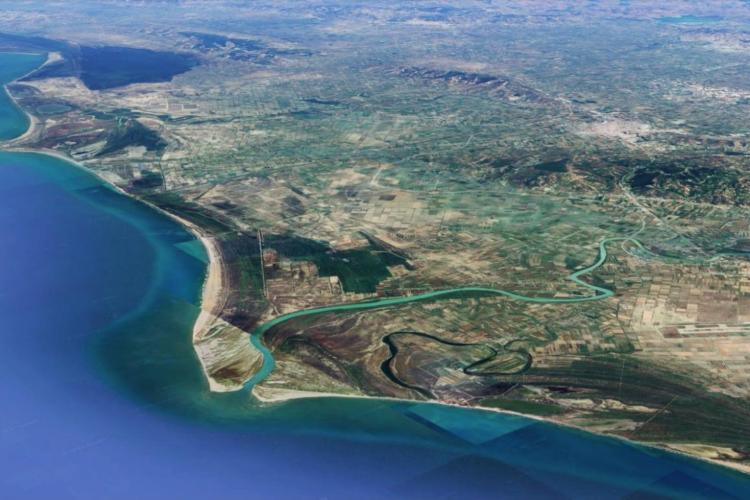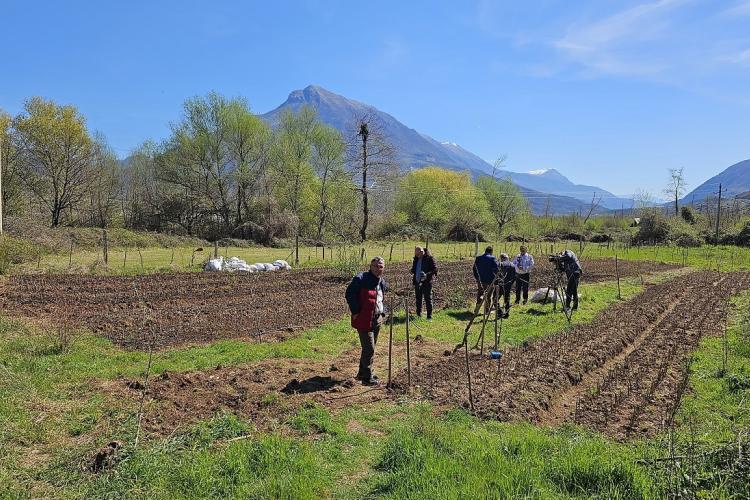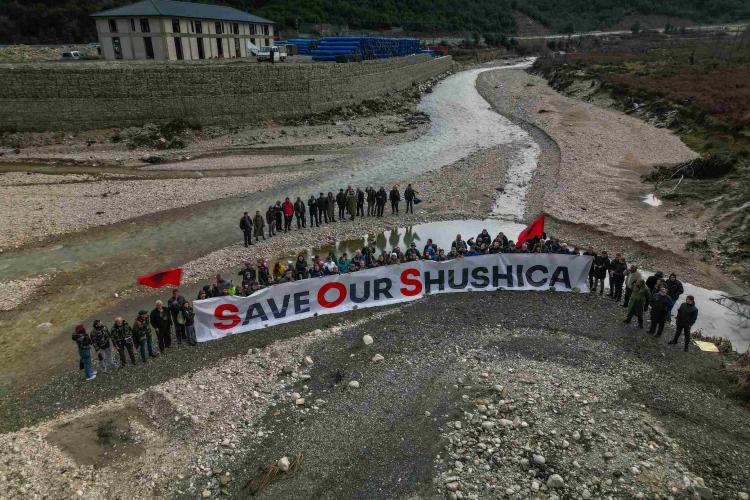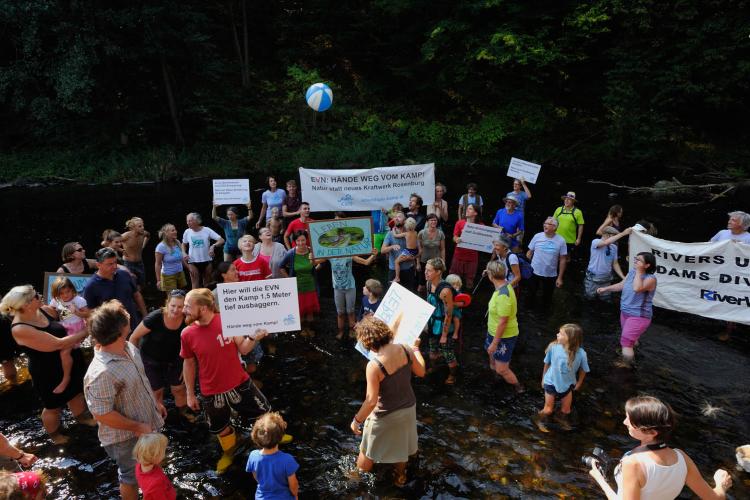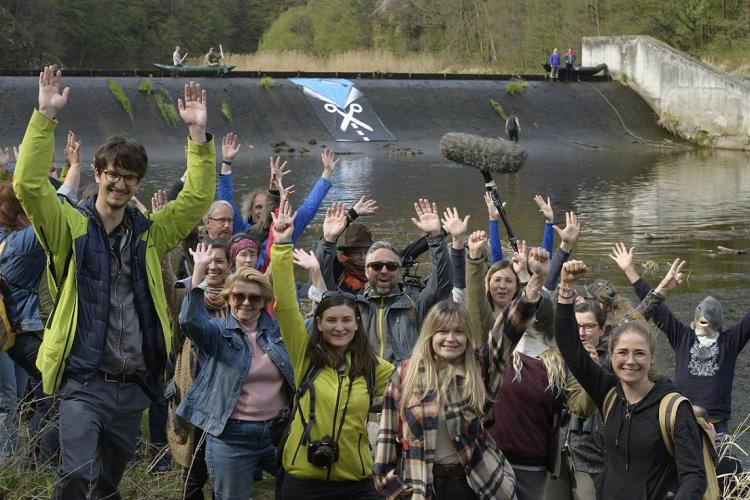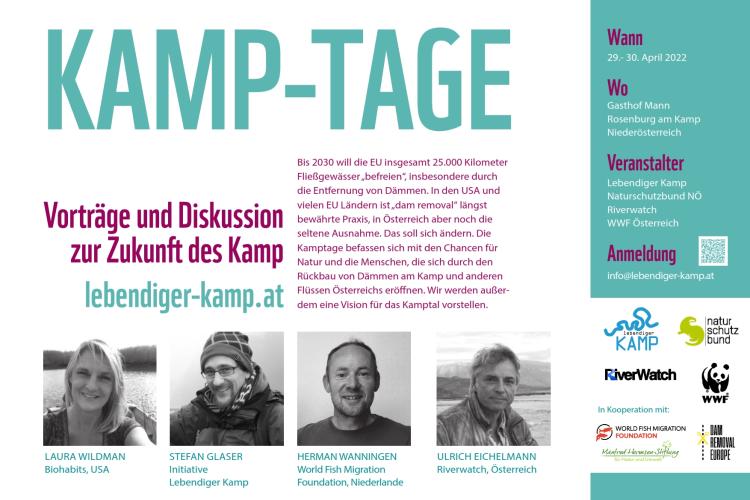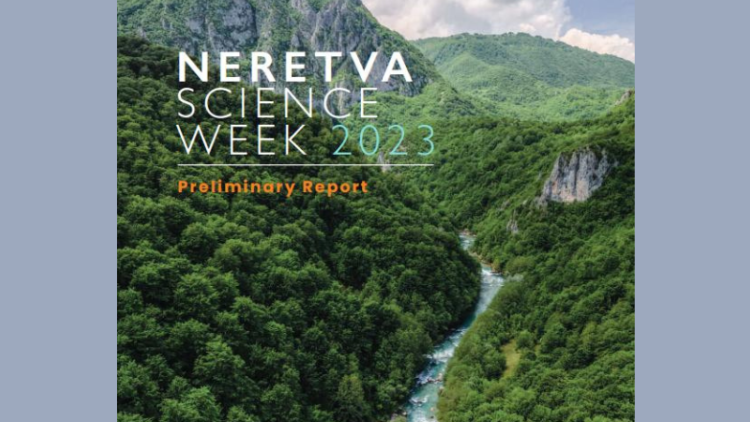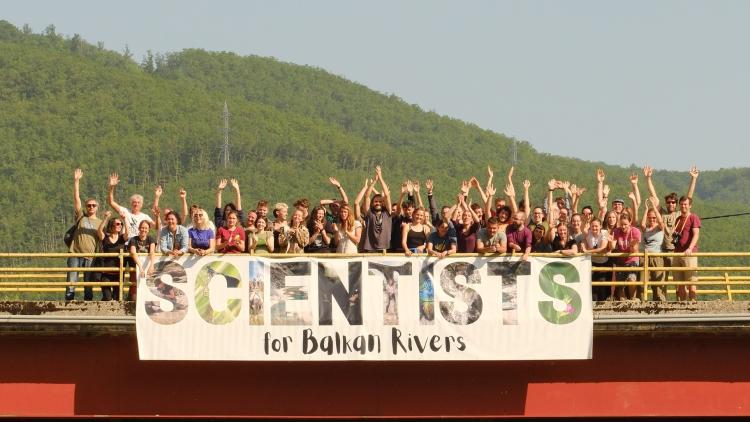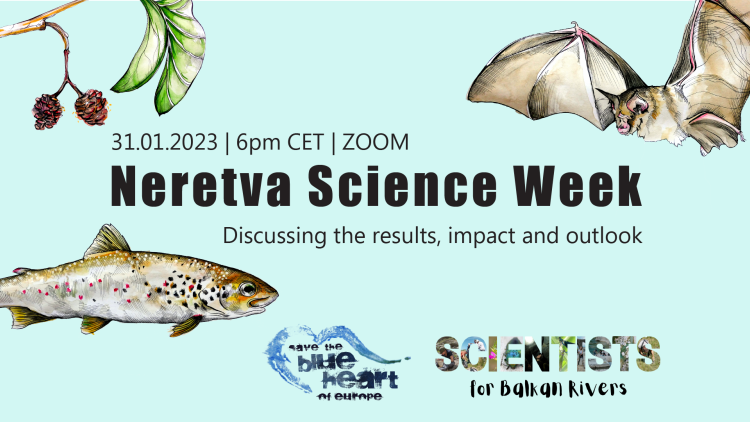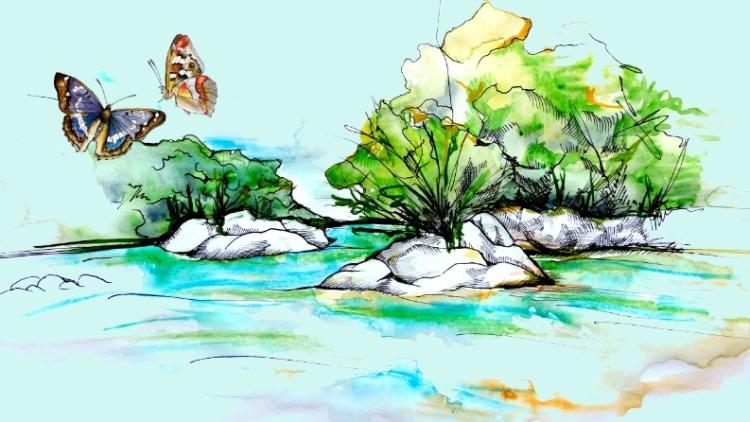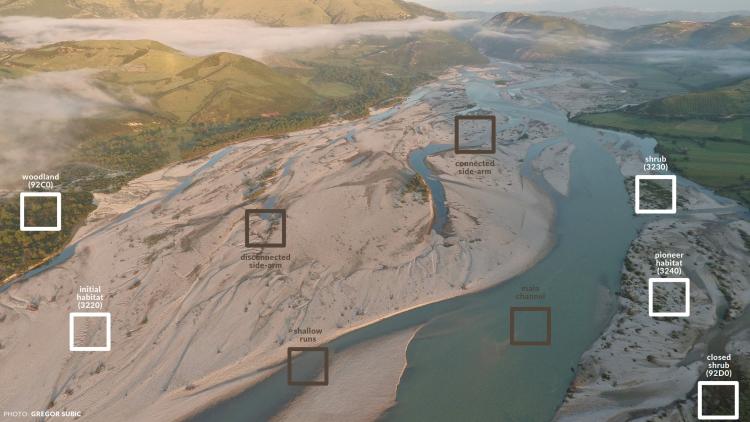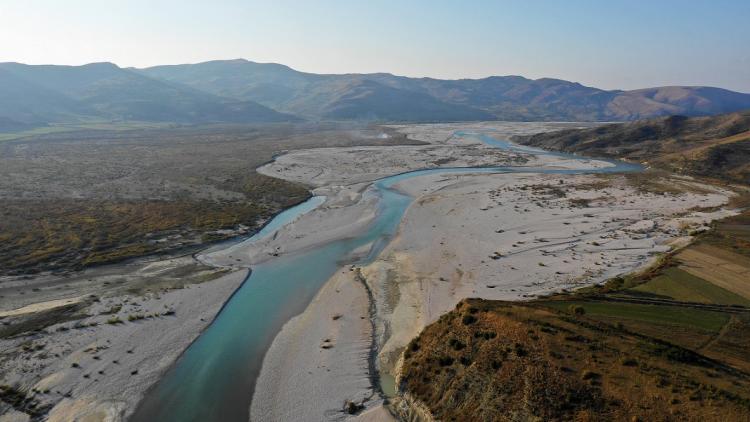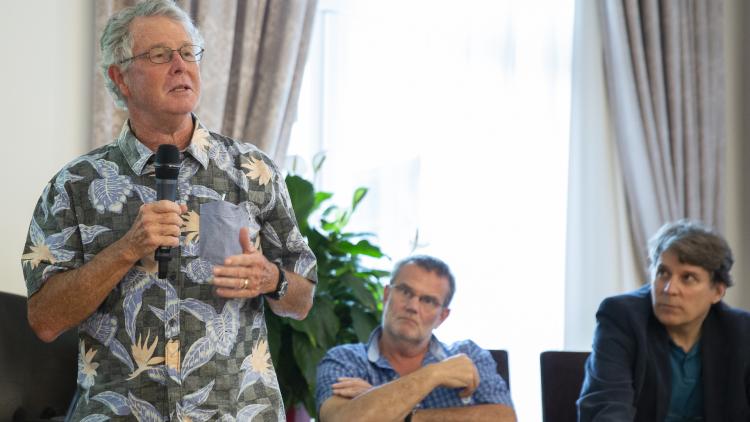From 22 to 28 April 2024, a science delegation from Albania, Austria, Bulgaria, Greece, and Italy collected multidisciplinary data in the partially undiscovered and intact Vjosa Delta. Every observation of this expedition aims to unveil the ecological importance of this area and advocate for its inclusion in the Vjosa Wild River National Park (WRNP) in accordance with IUCN standards.
Neretva Science Week 2023 took place from May 30th to June 7th. A diverse team of 62 scientists from 17 countries gathered in small town Ulog, to contribute to the conservation of the Neretva river system. Here, we gathered the preliminary results of Neretva Science Week 2023, covering 19 studies or fields of expertise. They reflect the enthusiasm of involved scientists as well as convey an impression of the extraordinary value of the Upper Neretva River and Valley.
Neretva Science Week 2023 took place from May 30th to June 7th. A diverse team of 70 scientists from 17 countries gathered in small town Ulog, to contribute to the conservation of the Neretva river system. They were accompanied by photographers, activists, and artists.
We invite you to join our next webinar on January 31st (6pm MET) to learn about the results of the 50 scientists that joined the Neretva Science Week in summer 2022 and how their science contributes to the protection of this highly intact river system. Please REGISTER HERE to join this webinar.
The first findings of the expedition were summarized in this report, to provide some very preliminary impressions, highlights and an overview from each of the specialty groups of what was done during this impressively international and collaborative effort. The data collected will be analysed in much more detail over the next months and a more detailed final report is expected by the end of the year 2022.
This baseline survey summarises the value of the Vjosa River system as one of the few remaining reference sites for dynamic floodplains in Europe on the one hand, and reveals the detrimental effects dams could have on the river system on the other. Only one dam will significantly destroy the ecological continuum of a pristine river.
++ One of the largest science petitions in global freshwater ecology calls to stop Vjosa dam projects in Albania ++ Scientists demand Albanian government to respect scientific standards in Environmental Impact Assessment (EIA) for the Kalivaç hydropower project ++
The international and Albanian freshwater science community raise their voices to warn of the severe consequences of the proposed dams on the Vjosa (and her tributaries). Listen to the many aspects of concern, including erosion of the coastline, loss of biodiversity, threat of dam break due to earthquake-prone area, loss of economic income and many more. Will the Albanian government listen to science?
Find here all presentations of the International Wild Rivers Science Symposium and the Wild Rivers Night! Renowned scientists from USA, Japan and many European countries discussed the state of the world’s wild rivers and stress the urgency to protect the last free-flowings.
++ 80,000 kilometers of rivers in the Balkans scientifically assessed ++ 76 percent thereof identified as no-go zones for hydropower development ++ Switch in energy policy is necessary and possible ++ Three quarters of the rivers in the Balkans are ecologically so valuable, that they should be completely off limits for hydropower development. This is the conclusion of the Eco-Masterplan, which was published today.


